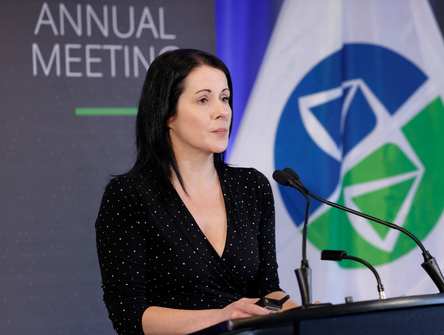The value of open access
There is a great deal of quality legal information available on the open web now. CanLII is trying to make it even more accessible.

It's a common question we get asked: "Why is open publishing important for the legal community?"
Part of the answer is that the status quo isn't working. Information about the law should be available to everyone regardless of who they are. Legal information must not be restricted to those who have the most resources.
Another part of the answer is that members of the legal community often give their time for free to create content, or in some cases get paid very little to do that work. Then institutions have to pay to purchase or subscribe to content written by their employees. This is similar to universities who pay salaries to researchers who write articles as part of their work, which they then publish in journals after they’ve been edited by volunteers. The journals are then made available to the universities at a cost they can barely afford.
Open publishing is a model that helps the community get what it needs in a less extractive way.
Why CanLII?
CanLII is ideally positioned to create a platform that will support open publishing in law in Canada, and we have been working to make this happen for the last several years. This includes building a platform to share it, finding content where it is available already, and bringing it together, so it can be linked with other content, including primary law and other commentary. There is a great deal of quality legal information available on the open web now. By loading it on CanLII, we can create scale of resources that will make it more accessible and useful.
That said, we won't do this alone. Other organizations have as much or more to gain from open access publishing than CanLII does. We’ve seen it with the Canadian Bar Association, which has made past and current issues of the Canadian Bar Review available online and open access. In the academic world, institutions like universities have been leading the movement toward open access in response to higher costs imposed on them by for-profit publishers. Universities have the scale to find different ways to provide what their communities need. This movement started in the sciences and humanities, but it is moving into law schools too. In the legal space law societies and law libraries have also always developed tools that their stakeholders need if there's no other way to provide them.
Trends indicate that, over time, writing that is published openly will be as valued as writing for publication in closed publications. In fact, research has found that open publications are more likely to be read, used, and cited. It’s proof that their true value resides in shared knowledge. Most lawyers write because they want to influence debate, share their perspectives and knowledge, gain prestige, and (we suspect) because they like it. All these motivations can be as well or better served by publishing in an open model.
And what are we doing in all this?
At CanLII, we have been working to find gaps, and finding content that is already open and requesting permission to add it to CanLII.org. Where we can't find open content that's available now, we have been approaching potential collaborators to work with them to create what the community needs.
This is the opportunity to do for commentary what CanLII did for primary law. This change is already happening: since we started approaching law reviews to see if they are willing to publish their issues openly in 2017, several have decided to switch to an open publishing model. Some authors continue to make significant income from their writing, and they will likely continue to publish in the current model. We think there will continue to be commercial publishers, but there will also be a viable alternative to purchasing their products, whether through the development of commentary, improving primary law collections, or other needed projects.


